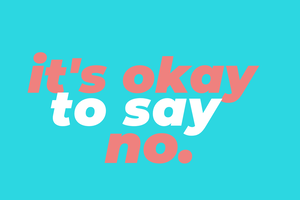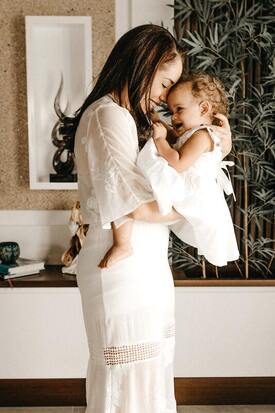0 Comments
 You wake up in the morning and straight away, your mind goes into overdrive: ‘I can’t believe what she said to me!, ‘she must think I am a really bad mum’, ‘how dare she criticise me;, ‘I should be a better mum’ and on it goes. You feel angry at this woman who said something to you and the more you replay what she said in your mind, the angrier you get. The anger gets reignited every time you think about it and when one of your children ask you for something, you snap at them. This, you are sure, confirms that you are a bad mum. And then the loop grows even bigger. A common theme in my clinical practice is the extent to which mothers are afraid to express what a shock motherhood has been, and might still be years on, to them. Amongst the things they fear expressing are: the fact that they struggle with motherhood (mothers are supposed to enjoy it), that they feel competing emotions about it (mothers are supposed to feel happy and joyful), the limitations that it places on their lives, time, freedom, careers (mothers are supposed to sacrifice themselves, their needs, dreams and careers to their children), the impact it has on their sense of self (mothers are supposed to find motherhood easy and not be changed by it) and their place in the world (mothers are supposed to put their children first at all times at and do so with a smile on their faces), the extent to which it creates social isolation and loneliness ()mothers are supposed to feel entirely fulfilled by motherhood and need nothing or nobody outside motherhood) and how it limits their options to define who they want to be (mothers are supposed to be satisfied in their role as mother and not want anything more for themselves). Women have internalised the rigid ideal mother stereotype so deeply that they are scared to express any dissatisfaction with motherhood (beyond being sleep-deprived and overly busy). They internalise this conflict, which can fuel mental overload and mental health issues.
None of these issues take place in a vacuum. They occur in a social and cultural context that makes it very difficult for women/mothers to express openly that motherhood is a struggle and to recognise that the struggle is real and that they are not alone in experiencing it. Awareness is always the first step to change. Awareness involves an understanding of the wider social and cultural context within which the role and rules of motherhood operate (see blog post on motherhood as identity shift/crisis). It also involves an understanding of the ways in which struggles such as these show up as anxiety, stress, self doubt, anger and how these operate (see blog post on understanding anxiety, for starters).
|
AuthorHi I'm Dr Fabienne and I believe in the capacity we all have to change our circumstances, given the right help, tools and inspiration! Archives
May 2024
Categories |



 RSS Feed
RSS Feed